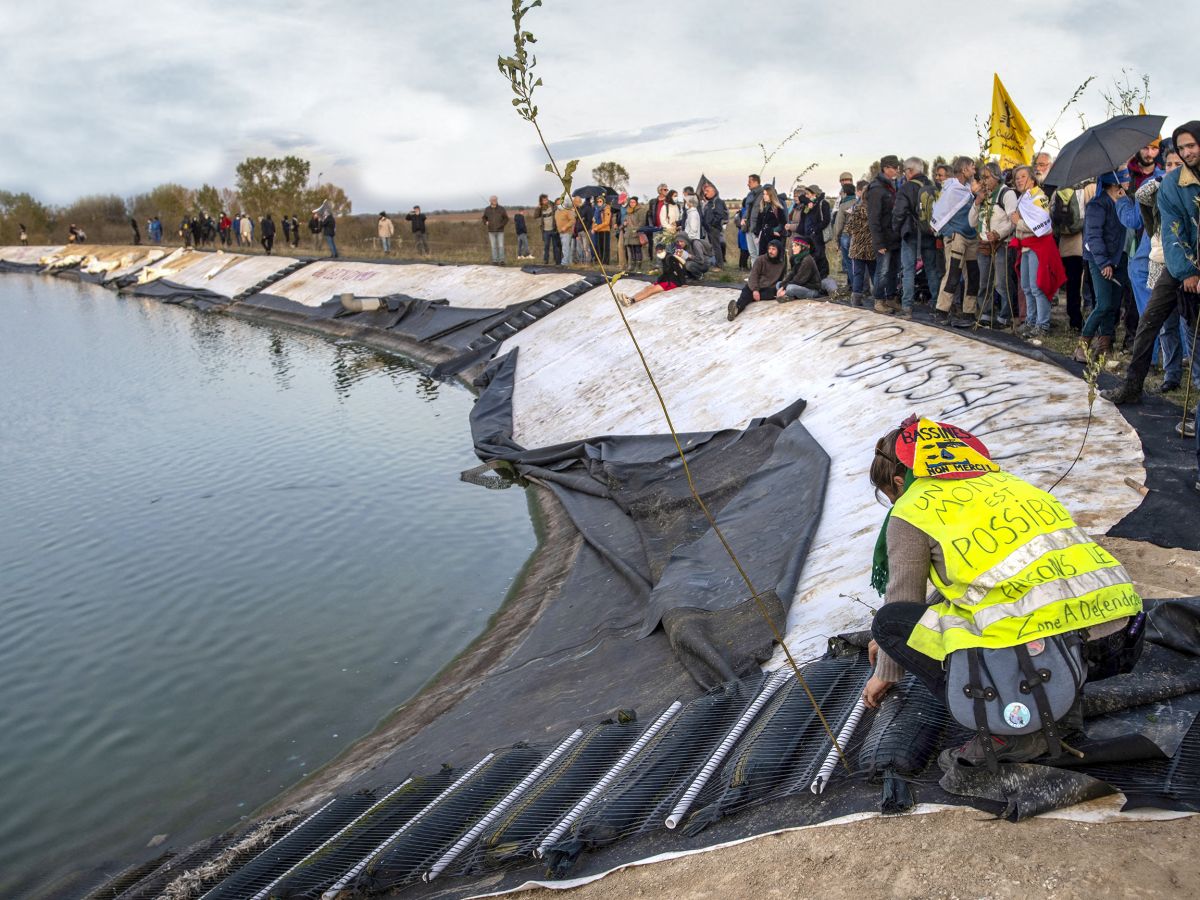This is a highly anticipated text. Both from those who approve of it and from those who fight against it. Approved by the National Assembly on 28 May with some modifications, the draft “orientation law for sovereignty in food and agricultural matters and generational change in agriculture” risks turning into a fragmentation bomb. Main foreseeable victims: the government’s environmentalist promises and the last illusions of its green electorate. On the part of the farmers, however, satisfaction prevails. “It is a text that rebalances priorities and will help us progress towards our goal of food sovereignty,” says Dominique Chargé, president of the powerful union of French agricultural cooperatives.
In fact, very little remains of the original text, which was supposed to be adopted at the beginning of 2024, with the aim of facilitating the transition of agricultural companies and generational turnover. But the fires in the countryside in January and February forced the government to change its law. Too far from the difficult reality faced by French farmers and the desperation that caused their revolt, the bill turned into a series of measures modeled on their requests, accepted urgently and under pressure. Suffice it to say, the environment was not the priority.
Article 1AND, which is not only symbolic, affirms the character of “great general interest” of agriculture but also of fishing and aquaculture. Which now places them, in French law, on the same level as environmental protection. This mention is enough to unleash the anger of environmentalists. The rest of the law is of the same kind. On the hypersensitive topic of megabasins and the often contested issue of livestock expansions, the text frames and limits the associations’ options for appeal.
On the contrary, sanctions for farmers who destroy natural hedges will be less severe. Another concession, the deputies inserted a new article 13 bis to provide that “during the inspection carried out on agricultural companies, the good faith of the operator is presumed”.
When the text arrives in the Senate, in the Economic Affairs Committee, on 11 and 12 June, with a vote scheduled for the 24th, the agricultural unions are still hoping for new progress: access to NBT techniques (new breeding techniques), i.e. for say modern GMOs, on an experimental basis. As well as the authorization granted to suppliers of fertilizers and inputs to combine sales and consultancy. Suffice it to say, environmentalists won’t like it one bit. But a few days before the European elections, which promise to be catastrophic for the green lists, environmental protection and climate change are no longer relevant.
Already an agricultural trade unionist rejoices: “The composition and sociology of the Senate bode well for our just demands, and we are ready to recall the good memories of the political class and parliamentarians. »
